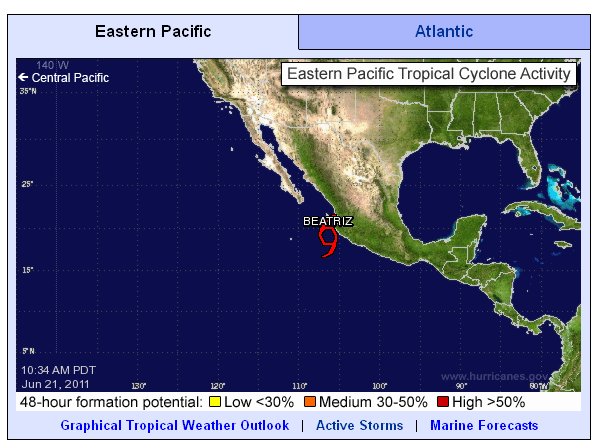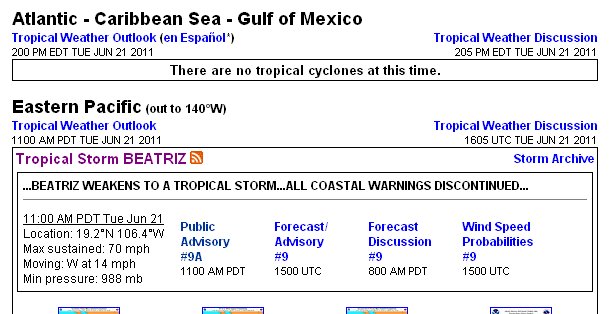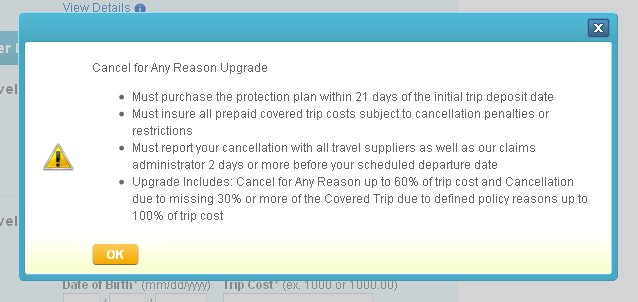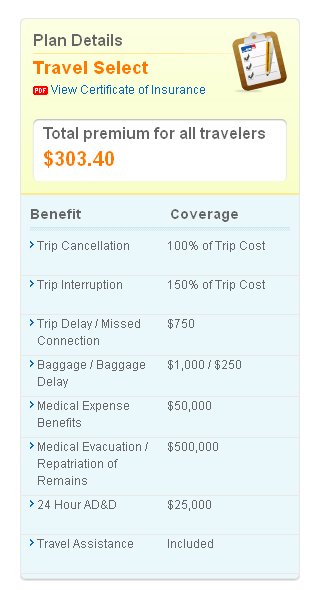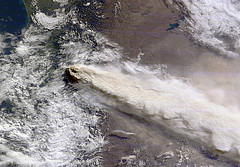 A recent report on various Craigslist sites listing dozens of campsites at popular national parks has alerted the media and campers to a new problem: campsite scalping.
A recent report on various Craigslist sites listing dozens of campsites at popular national parks has alerted the media and campers to a new problem: campsite scalping.
One very popular national park, Yosemite, has found their campsites – which are reserved in advance for $20 per night through the contracted park reservation system – are being sold for up to $100 or $150 per night from vendors on Craig’s list.
What’s more, campsites aren’t the only thing being resold. Permits for climbing Half Done, which are issued by the park for free are also being sold for profit online.
How is this possible?
It comes down to supply and demand, of course. A quick search (at the time of this writing) of the Reserve America website, which handles Yosemite reservations, found many areas still closed due to heavy snow pack, and the areas that were open for a 4-night stay in August were already limited to yurts and RV sites (no campsites).
There are 900 campsites available in Yosemite, but the park is a highly popular summer destination, and the summer camping season is in full swing.
While the park system prohibits the reselling of any park reservation, there simply isn’t the time or resources to implement the necessary oversight any time soon.


